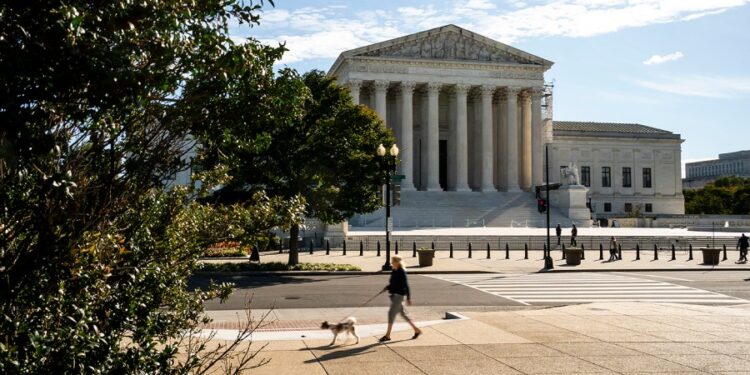
The Supreme Court will take up a series of cases to determine which federal courts can take on cases related to certain Environmental Protection Agency (EPA) actions, it said Monday.
The cases stem from two seemingly separate issues: whether Oklahoma and Utah need to come up with better plans to fight smog and whether some oil refineries can be exempt from requirements that their gasoline contain a percentage of ethanol.
However, they share an underlying question: which courts can hear their objections to the EPA’s rejection of their plans and ethanol blending exemptions.
The states want their case to be heard in the 10th Circuit Court of Appeals, while the refineries want their case to be heard in the 5th Circuit.
By taking up the cases, the Supreme Court could be barreling toward a judgment about where challenges to a wide array of EPA actions can be heard.
And some circuits have reputations for different ideologies: The 5th Circuit in particular is regarded as the nation’s most conservative.
The ruling will only pertain to cases heard under the Clean Air Act, which has a provision that says challenges to “nationally applicable” clean air actions need to be heard in the D.C. Circuit.
The states and refineries argue that the questions at issue are “locally” rather than “nationally” applicable and should therefore be heard in regional courts.
In the oil refineries case, the EPA argued that the action is actually nationally applicable because it applies “a uniform methodology to 105 petitions for exemptions” for ethanol blending requirements.
Justice Samuel Alito sat out of consideration of whether to take the smog cases.
Zach Schonfeld contributed.







